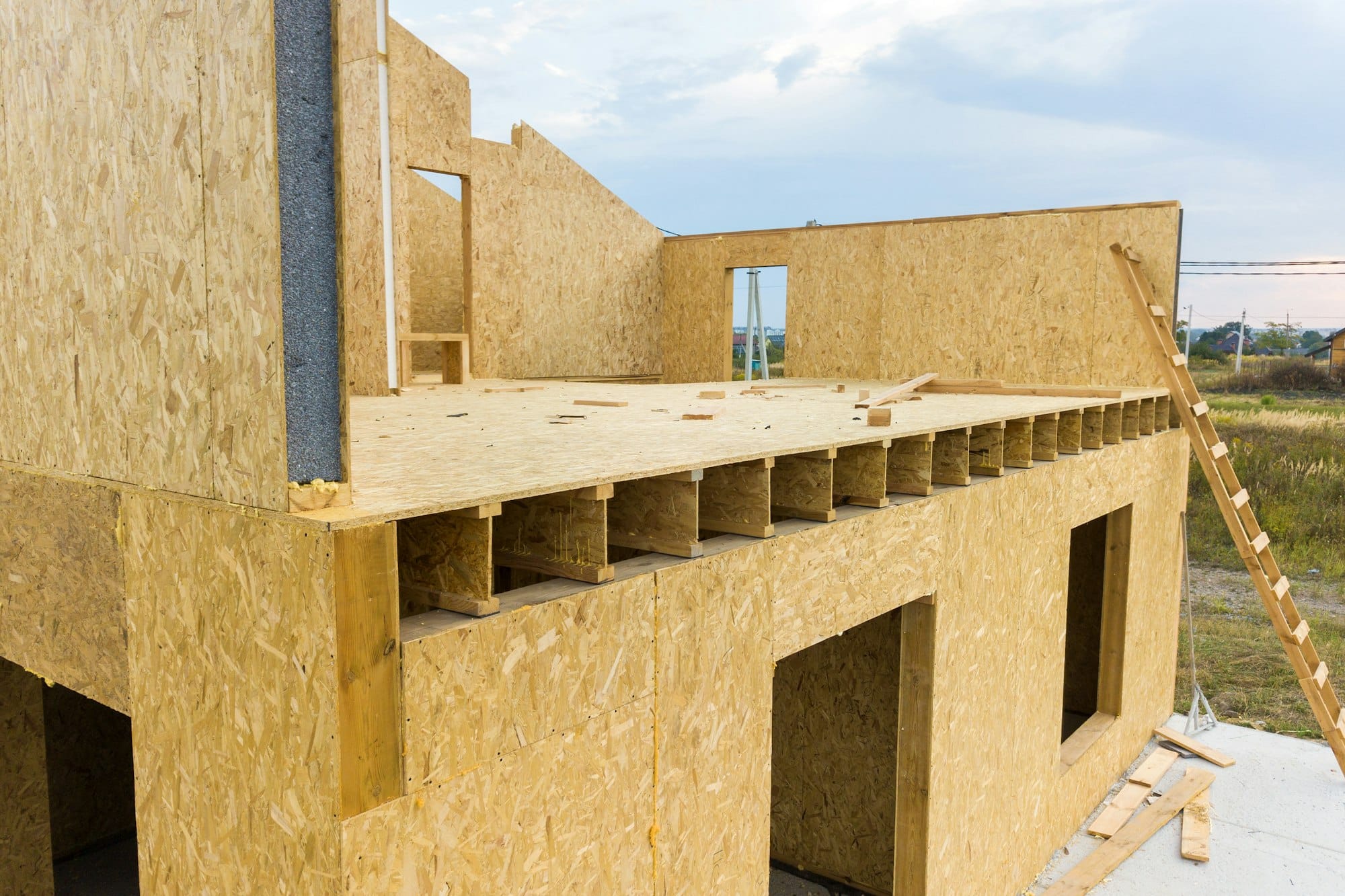The housing industry is continuously evolving, looking for innovative solutions to meet the growing demand for quality homes. One method that has recently been gaining momentum is modular construction. This innovative approach to building is transforming the housing sector, offering significant benefits over traditional construction methods. By utilizing prebuilt modules, this technique offers unique advantages to the builders, occupants, and the housing industry as a whole.
The Concept of Modular Construction
Modular construction is a modern building technique that involves the production of individual sections of a building in a controlled, factory-like setting. These sections, known as modules, are then transported to the construction site where they are assembled to form a complete structure. This method is increasingly being used in the UK’s housing sector, a trend driven by its potential to improve efficiency, quality, and sustainability.
A lire aussi : How to Create Allergy-Friendly Homes in UK Real Estate Developments?
Modular construction differs from traditional building methods in several key aspects. Firstly, the majority of the construction work is carried out off-site, reducing disruption and potential hazards on the actual building site. Secondly, the method allows for greater control over the building process, resulting in improved quality and precision. Lastly, modular construction has a shorter project timeframe, as modules can be fabricated concurrently with site preparation.
Why Choose Modular Construction for Housing?
With the rising demand for affordable yet high-quality homes in the UK, the housing industry is under pressure to find more efficient and reliable building methods. Modular construction has emerged as a viable solution, offering a range of advantages over traditional construction methods.
En parallèle : How Can Real Estate Developments Promote Cycling and Reduce Car Dependence?
Firstly, modular construction delivers a significant reduction in build time. Because the modules are built off-site simultaneously with site preparation, the overall project timeframe can be reduced by up to 50%. This time efficiency can translate into cost savings and a quicker return on investment for developers, an aspect that is particularly beneficial in the fast-paced housing market.
Secondly, modular construction offers a higher level of quality control. The factory conditions allow for precision engineering and adherence to rigorous quality standards, resulting in homes that are built to last. Additionally, the use of dry materials can minimize the risk of defects caused by moisture or weather conditions.
The Sustainability Advantage of Modular Construction
In addition to the time and quality benefits, modular construction also offers a more sustainable approach to building. The controlled environment reduces waste, as materials can be managed and utilized more efficiently. Furthermore, it allows for the incorporation of eco-friendly design elements and materials, contributing to the creation of greener homes.
The off-site building process also reduces the environmental impact on the construction site. With fewer operations being carried out on-site, there is less noise, dust, and disruption to the local community. Moreover, the reduction in construction site traffic contributes to decreased carbon emissions, supporting the UK’s commitment to environmental sustainability.
Design Flexibility and Customization in Modular Homes
While it might be assumed that modular construction limits design options, this is not the case. In fact, it offers considerable flexibility and customization options. Each module can be designed to the precise specifications of the homeowner, allowing for a wide range of architectural styles, layouts, and finishes.
This customization capability can cater to diverse housing needs, from compact city apartments to spacious suburban family homes. Furthermore, modules can be easily added or rearranged as needed, offering potential for future expansion or modification. This flexibility makes modular construction an attractive option for both developers and homeowners seeking unique, tailored housing solutions.
The Future of Housing: Embracing Modular Methods
The UK’s housing industry is currently facing significant challenges, including a shortage of affordable homes, increasing demand for quality housing, and a need for more sustainable construction practices. Modular construction offers a promising solution to these issues, providing efficient, high-quality, and environmentally-friendly building methods.
As modular construction continues to gain traction in the UK, it is set to reshape the housing landscape. By harnessing the power of innovation and technology, this method is making the dream of owning a well-built, affordable home a reality for more people. So, whether you’re a developer, a prospective homeowner, or simply interested in the future of housing, it’s worth keeping an eye on the rise of modular construction.
Modular Construction: A Response to the UK’s Housing Crisis
Modular construction is presenting itself as a powerful alternative to meet the UK’s housing challenges. The country’s housing crisis is characterized by a high demand for affordable homes and a lack of supply. Traditional construction methods are struggling to keep up with this demand, and the need for a more efficient, sustainable, and cost-effective solution is evident. This is where modular construction steps in.
Modular construction, with its faster build times and cost savings, offers a chance for the UK to significantly increase the number of homes being built. This, in turn, could lead to a drop in housing prices, making homes more affordable for a larger portion of the population. Additionally, the high-quality, energy-efficient homes produced through modular construction can help to tackle fuel poverty, where people struggle to keep their homes adequately heated due to high energy costs.
Furthermore, modular construction also addresses the shortage of skilled labour in the construction industry. The off-site construction process requires fewer workers and less technical skills than traditional site construction, increasing accessibility to jobs in the industry. More so, it offers an opportunity for a more diverse workforce, including the ability to employ people from regions with higher unemployment levels.
The modular building technique also has an element of scalability. Larger construction projects, for instance, apartment complexes, can be completed faster and more efficiently using modular methods. This scalability can help to address the housing shortage in densely populated urban areas of the United Kingdom where available construction space is limited.
Conclusion: Modular Construction – A Sustainable Future for the UK’s Housing Sector
In conclusion, modular construction offers a transformative solution to the unique challenges faced by the UK’s housing sector. By embracing this innovative construction method, the UK can hope to tackle its housing crisis head-on. There are significant benefits to be gained, from cost and time savings, to improved quality control and sustainability.
The flexibility and customization offered by modular homes also means that it can fulfil a diverse range of housing requirements, catering to the needs of different individuals and communities. Whether it’s compact apartments in the city or larger family homes in the suburbs, modular construction offers a tailored solution.
Furthermore, the environmentally-friendly nature of modular building aligns with the UK’s commitment to reducing carbon emissions. By choosing modular construction, the country can move towards a more sustainable future, while delivering high-quality, affordable homes for its citizens.
The adaptation of modular construction in the UK is not without its challenges, though. There are barriers to overcome, from regulatory issues, to public perception, and the need for investment in off-site manufacturing facilities. However, with the right support from both public and private sectors, modular construction has the potential to revolutionise the UK’s housing industry.
Modular construction is not just a temporary trend. It is a sustainable, viable solution that could play a pivotal role in shaping the future of housing in the UK.







